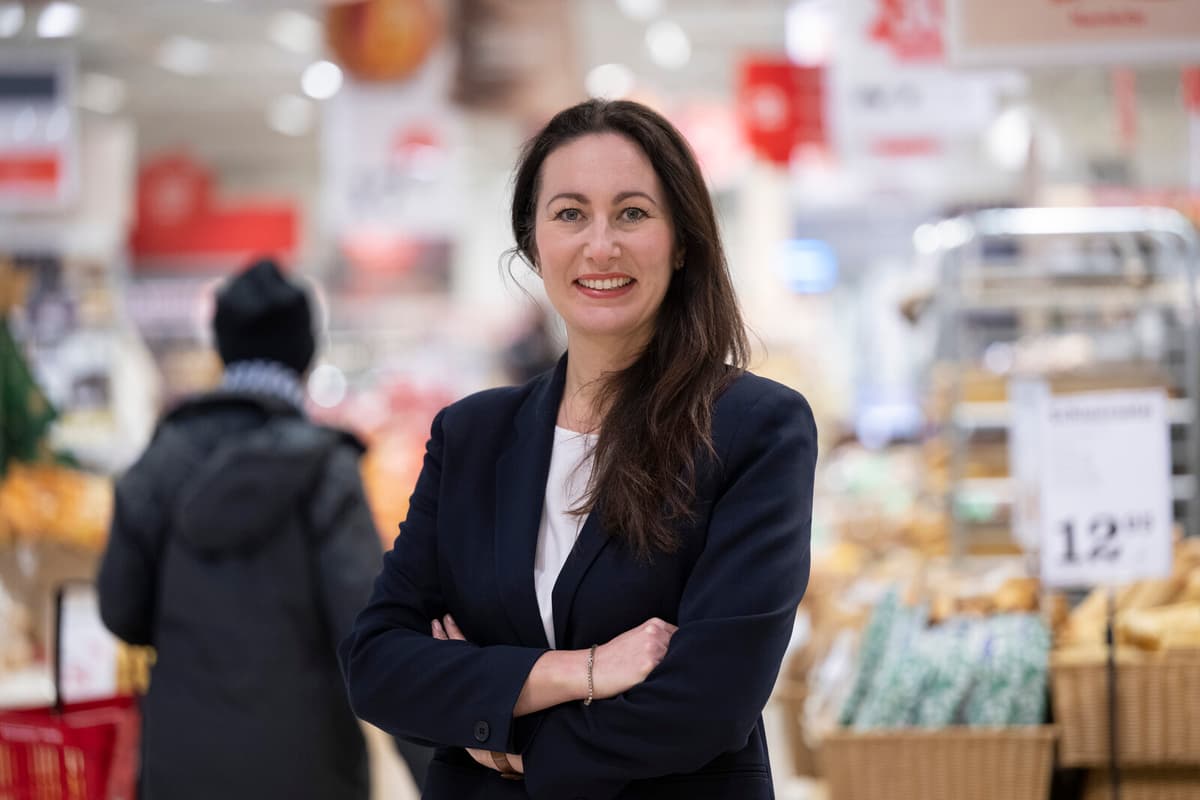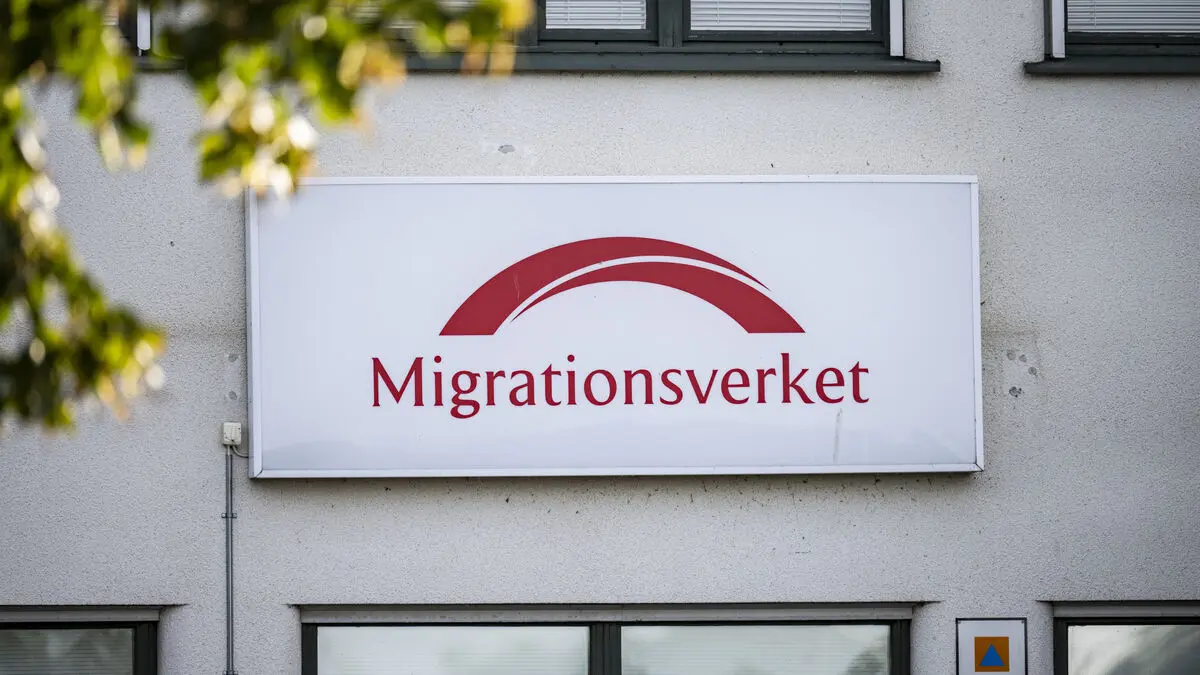When food prices at the beginning of the year again took off, some consumers had enough and called for a boycott of the large food chains.
Something that is not entirely simple, since a few food giants control most of the trade.
Axfood, for example, owns Willys, Hemköp, Handlar'n, Tempo, Citygross, Matöppet, and Eurocash. As if that were not enough, they also own the wholesaler Dagab and the restaurant wholesaler Snabbgross.
According to Axfood's CEO Simone Margulies, the company has not seen any "notable effect" of the boycott.
Customers are flocking in
The company's profit decrease during the quarter, she explains, is rather due to a negative result for Citygross and partly due to calendar effects.
Last year, we had an Easter Monday and this year, Easter fell in April, she says.
Instead, Axfood sees that customers are flocking to both the low-price chain Willys and the "ordinary" chain Hemköp. According to Margulies, the demand for Willys stores is greater than the number of stores currently available.
We would have liked to open more stores, but it's hard to get permits. Many times, we don't even understand why. A third of Sweden's municipalities lack low-price stores, she says, and continues:
This is the most important part, both to increase competition and to lower food prices. In Sweden, we have a low proportion of low-price stores compared to the rest of Europe.
She thinks that the debate about food prices has often been polarized.
It has not been based on facts and has tried to show that someone has shot themselves in the foot.
Now, I think the debate has become more fact-based. Sweden has not had any other price development than other European countries, we have lower prices than our Nordic neighboring countries, she says.
The Competition Authority has pointed to poor competition in the Swedish food industry. But according to Margulies, it is primarily the currency, geopolitics, and above all, climate change that has affected food price inflation.
More volatile prices
Last quarter, for example, the climate has affected coffee and cocoa prices, which have risen sharply due to poor harvests.
The fact that the krona has strengthened is, on the other hand, "very positive" for Swedish food prices, she says – even if it may take time before it is noticed on store shelves, since there is a lead time for imported food.
What do you think about food prices going forward?
I neither can nor want to give any prognosis going forward, but more volatile prices are probably something we will have to get used to, she says.
The food company Axfood made an operating profit of 719 million kronor during the first quarter of the year. This can be compared to the profit of 817 million kronor during the same quarter last year.
Net sales increased by 3.9 percent to 21 billion kronor.
The operating margin, a profitability measure, fell from 4.0 to 3.4 percent.






